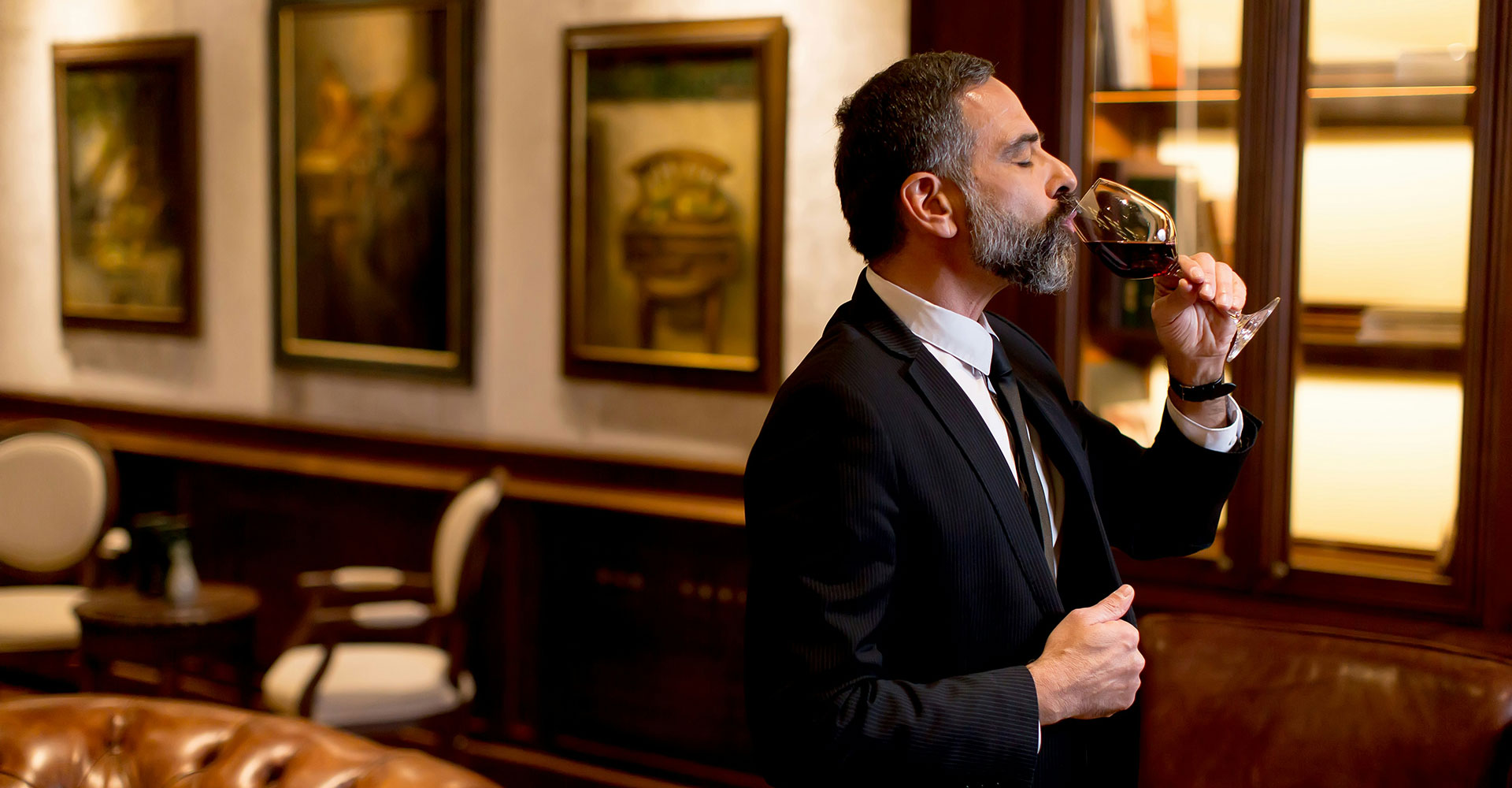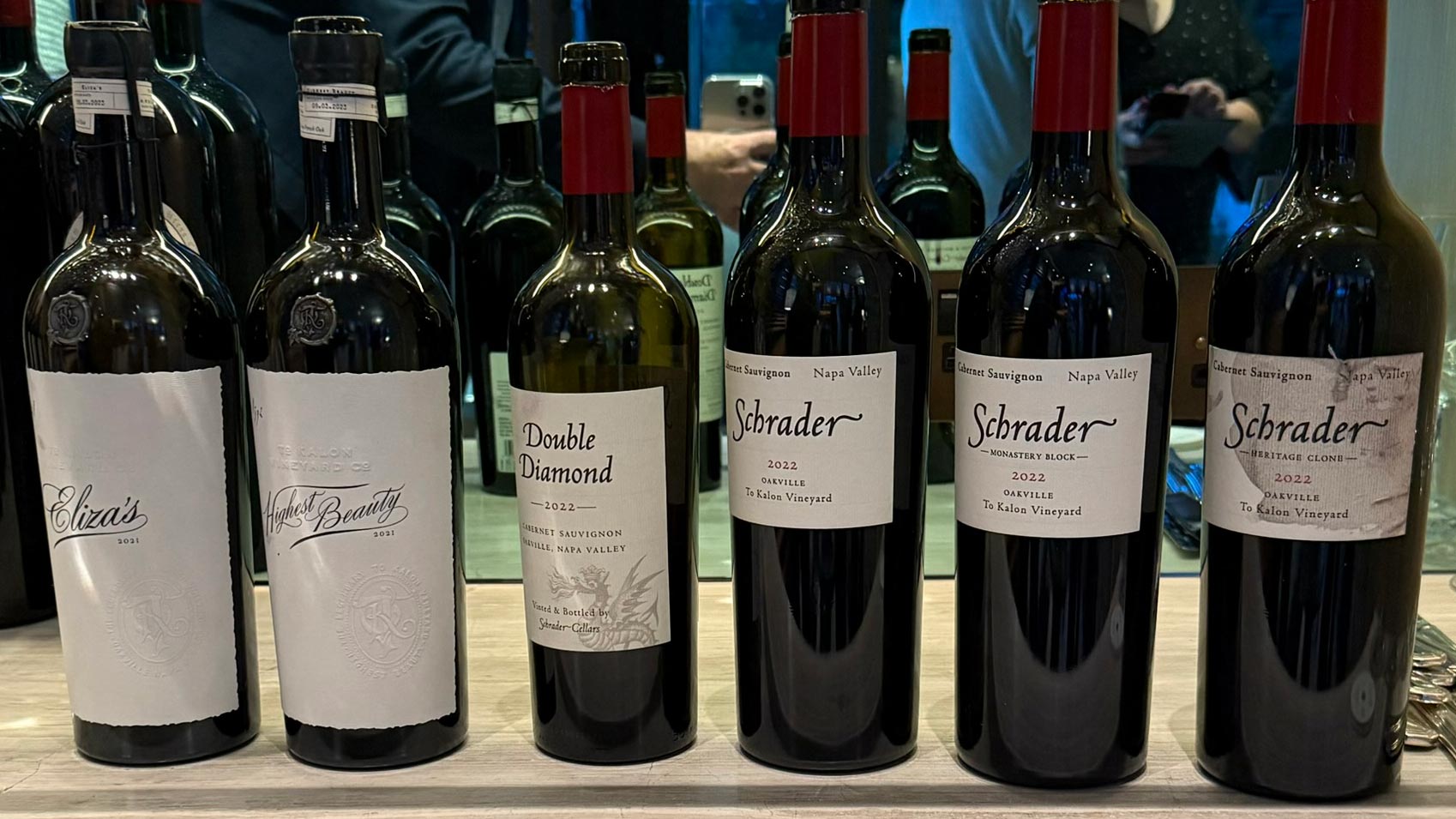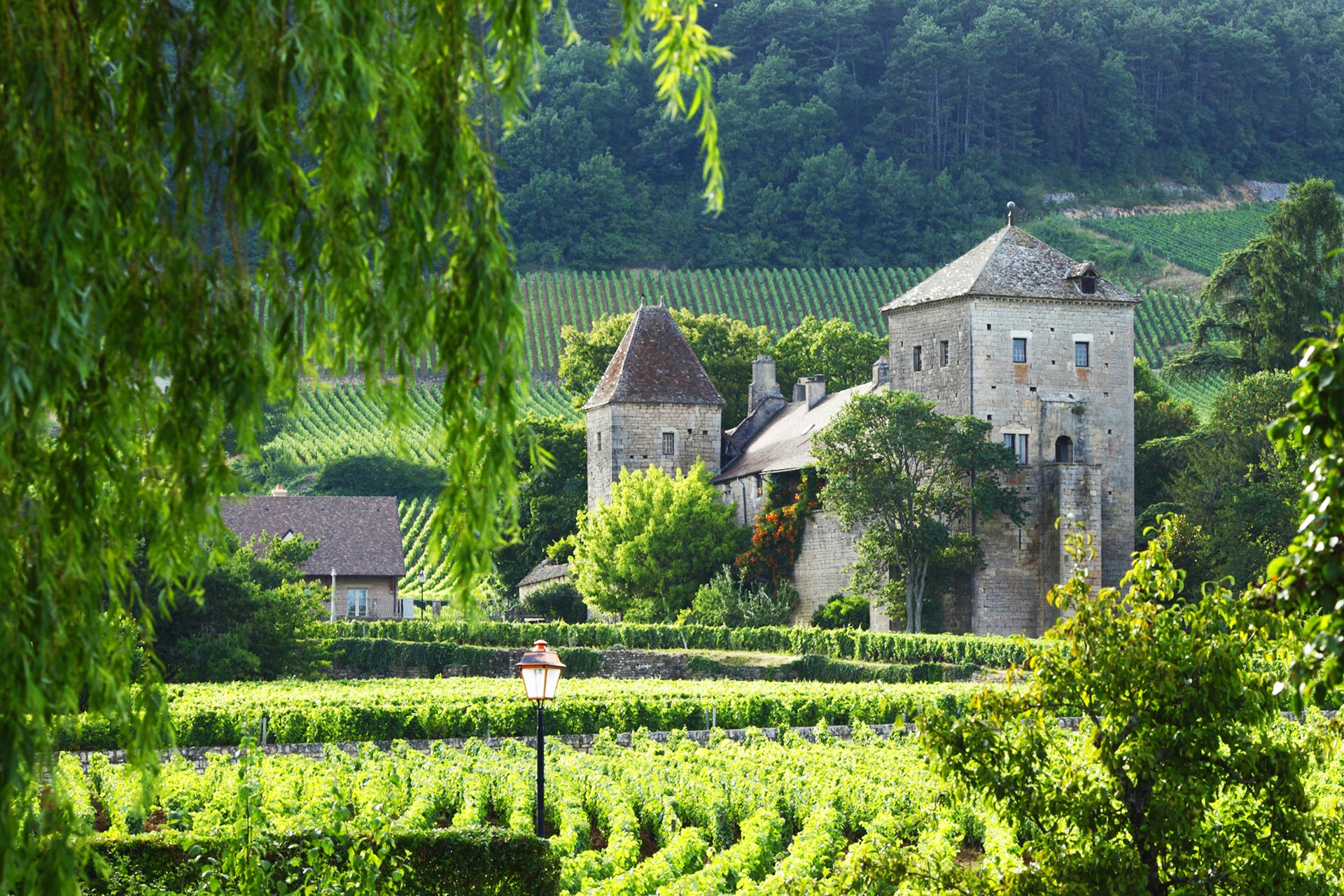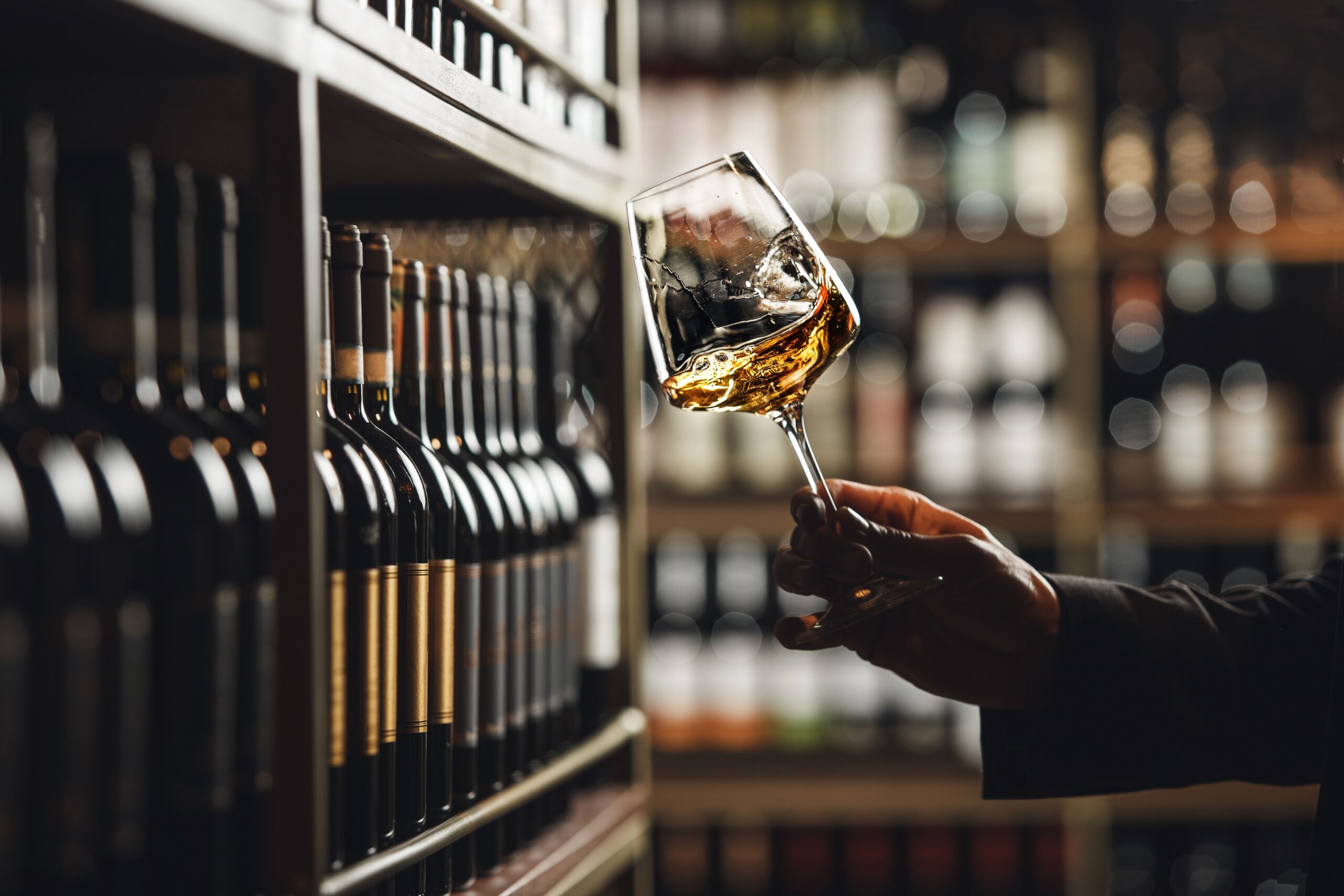Forget the days when sommeliers were quietly curating cellars, recommending claret with a wink, and vanishing into the shadows. Today’s UK sommelier faces a brave new wine world—shaped by pandemics, climate chaos, wallet-watching diners, and quirky tax laws. Welcome to the era of the sommelier-business guru, the eco-warrior storyteller, and the data-driven drink detective! It’s no longer about swirling and sniffing—it’s about navigating a volatile world with poise, precision, and a palate that’s as commercial as it is cultured.
Surviving the Economic Squeeze
The pandemic may have passed, but its economic hangover is proving to be the guest that refuses to leave. Restaurants are battling a perfect storm of soaring energy bills, spiralling food costs, and a stubborn staffing crisis. Sommeliers, once considered a nice-to-have, are now central to the bottom line. Today’s sommelier must double up as a trainer, financial analyst, and strategist—juggling profit margins with finesse while choosing wines that keep the books balanced.
Navigating the UK’s alcohol tax system is no small feat either. With duties now tied to ABV, sommeliers must rethink their entire approach to sourcing. The result? A shift away from heavy hitters like bold Bordeaux towards lighter, leaner wines like cool-climate Sauvignon Blancs and Albariños that make both taste buds and spreadsheets happy. Sommeliers are becoming fluent in the language of duty points and profit margins—and that’s before they’ve even served a glass.
Sober-Curious and Sustainably Serious
Today’s diners aren’t just chasing good wine—they’re chasing good values. The rise of the sober-curious movement has changed the game. Millennials and Gen Z drink less alcohol but demand more sophistication from their drinks. Enter non-alcoholic wine, elevated softs, and complex botanical blends. For the modern sommelier, this isn’t a sideline—it’s a fast-growing frontier that demands the same rigour and reverence as traditional wine.
And then there’s sustainability. Diners want to know their wine hasn’t cost the earth—literally. From lightweight glass bottles and carbon-neutral shipping to biodynamic vineyards and ethical labour practices, sustainability now shapes buying decisions. Sommeliers have become the frontline curators of eco-credibility, verifying producer claims and championing ethical, authentic stories.
Curation is everything. Listing a sustainable Greek Xinomavro or a zero-alcohol Chardonnay next to a grand cru Burgundy tells your guests, “We’re thinking differently—and so should you.” Sommeliers now use storytelling to turn obscure wines into bestsellers and to reframe what “value” means beyond just price.
Climate Chaos: Old Classics Fade, UK Wines Shine
With climate change playing havoc with traditional wine regions, sommeliers must rethink what constitutes a reliable cellar staple. Napa’s heatwaves and Burgundy’s hailstorms are no longer once-in-a-decade anomalies—they’re seasonal hurdles. In their place rise newer regions—and new contenders.
Nowhere is this more true than the UK itself. English sparkling wine is no longer the novelty it once was. With Champagne’s weather woes and Sussex’s surging quality, sommeliers are finally giving local wines pride of place. Still wines, once risky bets, are now sophisticated and increasingly sought-after. Sommeliers must master the fine art of managing local supply volatility while celebrating the excitement of emergent vintages.
And it’s not just about domestic pride. Guests love the story—rain-soaked vineyards turning out world-class bubbles, family-run estates competing with continental titans. The sommelier becomes both ambassador and narrator, helping guests understand why a glass of Kent Pinot Noir might just be their most memorable sip of the year.
Tech-Savvy Sommeliers with a Heart
Technology is no longer a novelty—it’s the sommelier’s secret weapon. Digital wine lists are now expected, allowing instant updates, pairing notes, and links to vineyard stories. Inventory management software tracks depletion rates and optimises reordering. AI helps identify bestsellers, stock bottlenecks, and sales patterns across seasons.
But tech isn’t replacing sommeliers—it’s freeing them. Less time buried in spreadsheets means more time training staff, engaging with guests, and fine-tuning the wine experience. The sommelier of the future embraces QR codes and cloud-based cellars, not to replace their charm but to amplify it.
Your Sommelier Blueprint for Success
Tomorrow’s successful sommelier won’t just swirl wine—they’ll spin profits, tell captivating tales, master sustainability, and charm diners through every financial twist and cultural turn. Sommeliers are no longer a luxury but an indispensable linchpin of the hospitality business.
They’ll need to think like CFOs, speak like marketers, and act like educators. Their role touches every part of the guest journey—from first impression to final sip. They must build trust, create delight, and leave an impression that guests carry home long after the cork is popped.
It’s a tough gig, yes. But it’s also one of the most exciting and dynamic roles in modern hospitality. So here’s to the resilient sommelier—rising to the moment, glass in hand, with a grin that says, “Bring it on.”



